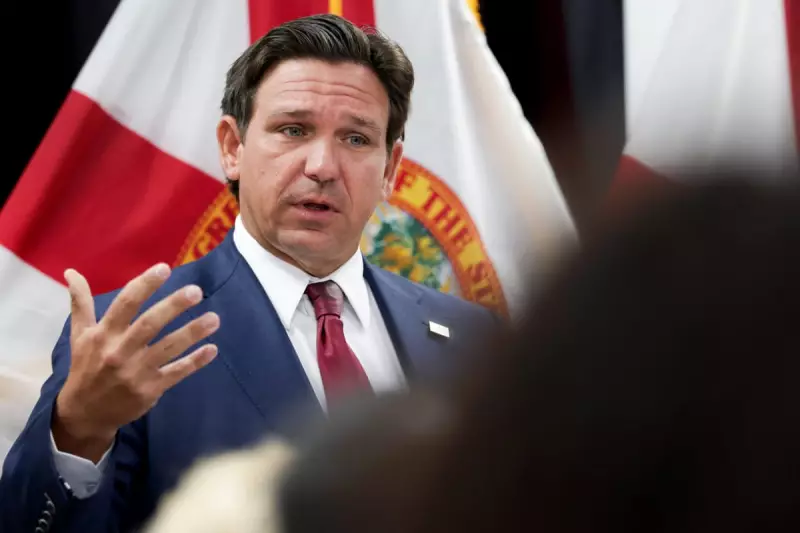
In a controversial move that could reshape Florida's higher education landscape, Governor Ron DeSantis has ordered state universities to stop sponsoring H-1B visas for international students. This sweeping directive affects thousands of foreign scholars across Florida's public university system.
What the New Policy Means for International Students
The executive action prevents Florida's public universities from assisting international graduates with H-1B visa applications, effectively closing a crucial pathway for foreign talent to remain in the United States after completing their studies. The H-1B programme serves as a primary route for specialised foreign workers, particularly in technology, engineering, and research fields.
Under the new rules, universities must:
- Cease all H-1B sponsorship activities immediately
- Refrain from using university resources to facilitate visa applications
- Potentially jeopardise work opportunities for current international students
Economic and Academic Repercussions
Higher education experts warn this decision could have severe consequences for Florida's economy and academic standing. International students contribute significantly to state universities through tuition fees and living expenses, while often filling crucial roles in research and technology sectors after graduation.
The technology industry, a major employer in Florida, heavily relies on H-1B visa holders to fill specialised positions. This move could create workforce shortages in key sectors and potentially drive tech companies to reconsider their presence in the state.
Political Motivations and Legal Challenges
Governor DeSantis has positioned this decision as part of his broader "America First" immigration agenda, arguing it protects jobs for American graduates. However, critics contend the policy oversteps federal immigration authority and could face legal challenges.
University administrators are reportedly concerned about the impact on international student recruitment and their institutions' global competitiveness. Many fear this could trigger a decline in international applications, potentially affecting university rankings and research capabilities.
The policy shift comes amid increasing scrutiny of international education programmes across several US states, though Florida's approach represents one of the most aggressive restrictions to date.





